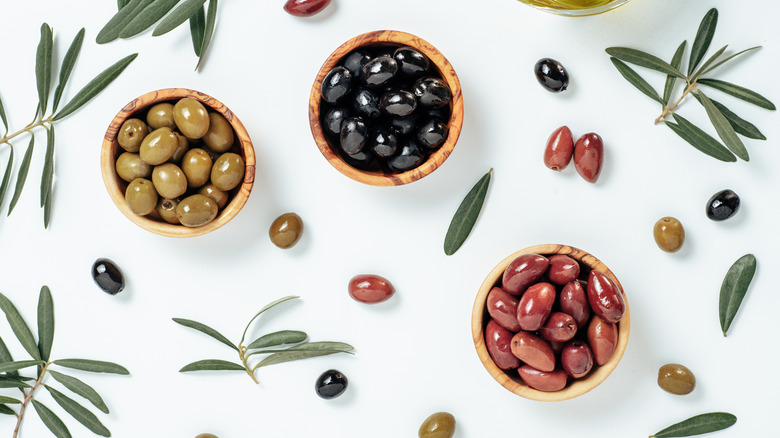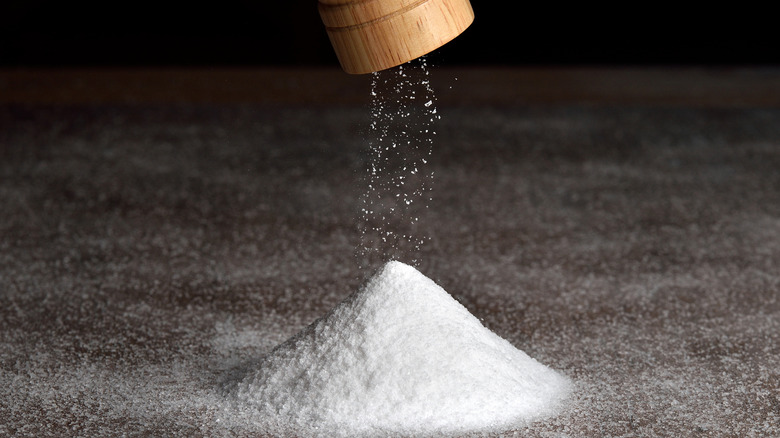
When it comes to fatty foods, some have better reputations than others. Foods like olives contain omega-3 fatty acids, often referred to as “healthy fats” for good reason. The National Center for Complementary and Integrative Health (NCCIH) mentions that, according to ongoing research, foods rich in these fats appear to moderately enhance heart health and may even help alleviate symptoms of rheumatoid arthritis.
However, when most people consume olives, they’re not just eating the stone fruit itself – they’re also consuming everything it was processed and packaged with.
As Healthline explains, olives contain more than just healthy fats. They have trace elements of heavy metals and a compound called acrylamide, which is currently being studied for a potential link to certain cancers. Despite how alarming these terms might sound, no proven issues exist with either trace metals or acrylamide in olives. The real concern with eating too many olives stems from something much more common and difficult to avoid.
Beware of the sodium content in olives

WebMD breaks down the nutritional content of green olives, revealing surprising numbers. A single green olive contains 110 milligrams of sodium. While this might not seem significant, there are two factors that make this number concerning. Firstly, few people eat just one olive. Typically, when someone eats olives instead of olive oil, they are served as a garnish or part of a dish containing multiple olives, not just one.
More importantly, this 110 milligrams contributes to an adult’s daily suggested sodium consumption. As WebMD states, the daily recommended maximum for an adult’s sodium intake is 2300 milligrams. EatingWell highlights that two to three black olives can account for almost 5% of a person’s daily recommended intake.
Occasionally exceeding the recommended daily sodium intake is generally not a problem. So if you enjoy olives, feel free to indulge every now and then. However, regularly consuming high levels of sodium can lead to serious health issues. The American Heart Association notes that a diet high in sodium is linked to stroke, stomach cancer, heart enlargement, kidney disease, and headaches, among other concerns. Therefore, if you include olives in your diet, monitor the sodium level to avoid the unhealthy consequences of excessive consumption.




